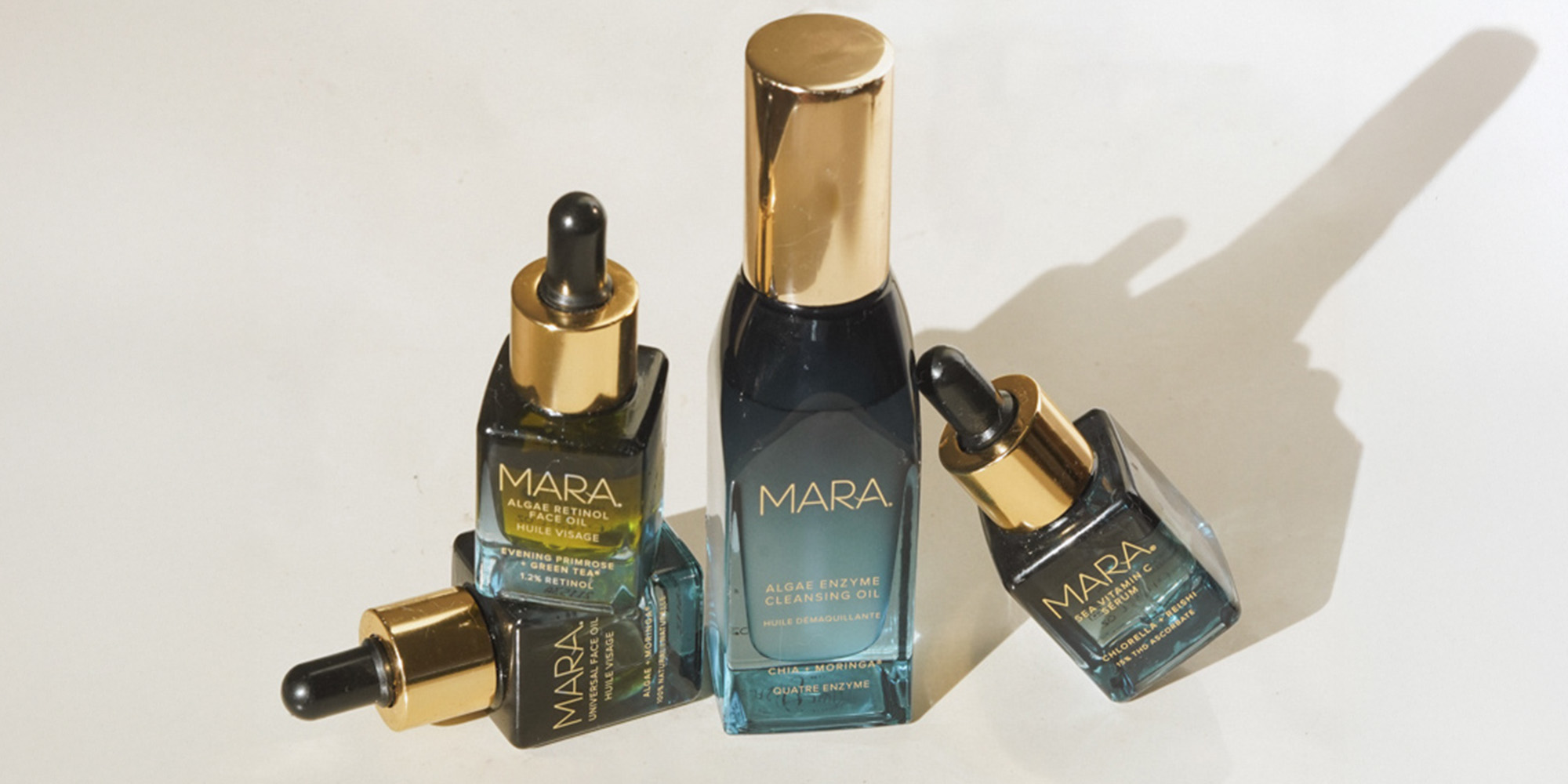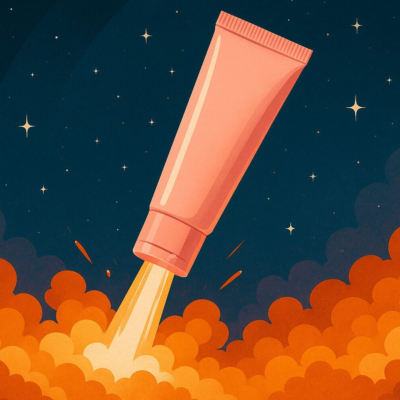
4 Ways Bootstrapped Skincare Brand Mara Holds Its Own Against Well-Funded Competitors At Sephora
At Sephora, most brands that shoppers may consider indie—Summer Fridays, Tower 28, Glow Recipe, Kosas and Topicals, for example—have all received millions of dollars in institutional funding. In the beauty industry, many believe it’s virtually impossible to thrive at the chain without a major cash infusion. Mara is out to prove otherwise.
Founded with a single product, Universal Face Oil, in 2018 by Allison McNamara, a former on-air journalist for Refinery29, PopSugar and “Today,” the skincare brand launched on Sephora’s website in January 2023 before entering half of its locations in the United States in March that same year and expanding to all doors in October last year with six products as part of the Next Big Thing display. Its entire 16-product range priced from $36 to $120 is available online at Sephora.
From 2023 to 2024, Mara’s sales rose 30%. According to McNamara, it’s been profitable since 2019. Industry sources provided the publication Women’s Wear Daily with an estimate that Mara could reach $10 million in 2022 sales. In February, the brand’s latest launch, $54 Pearl Peptide Glaze, a combination essence, toner and serum, sold out at Sephora in a week. Outside of Sephora, it’s stocked at Bluemercury, Anthropologie, Cult Beauty, Revolve, Free People and Amazon.
Mara has rebuffed funding offers and is solely owned by McNamara and her father E. Michael McNamara, who was previously global president of Neutrogena Corp. and CEO of Philosophy Inc. McNamara, however, isn’t opposed to external funding. She’d like Mara to reach a year of full distribution at Sephora before considering a financial partner. She says, “I’ve taken it this far, and I really want to see what we can do.”
Below, McNamara spells out four strategies crucial to Mara supporting its Sephora business while staying bootstrapped.

Keeping A Lean Team
Mara has an eight-person team, which has doubled in size since the brand entered Sephora. “We’re at this weird time where I feel like there’s a glamorization of how many hires you have or what your headcount is,” says McNamara. “Those are all amazing things, don’t get me wrong, but I think, if you are doing it the way I’ve done this business where we’re self-funded, you really need to keep your operations tight.”
By keeping its team lean, Mara has been able to squirrel away funds for other activities. “Anything extra was going into a savings account for me to play with for marketing once we got in there,” says McNamara. “Everything else was really used to invest in components and future newness and different sizes.
Carefully Choosing Field Representatives
Many Sephora brands will hire an agency for store associate training and education. Mara opted to work with freelancers in six key cities in the United States, and the freelancers work with other Sephora brands like Westman Atelier. McNamara scouted them as she traveled across the country to visit Sephora stores for staff training. She stresses having boots on the ground nets important payoffs for Mara, and she has monthly check-ins with the brand’s freelancers.
“I want everyone to feel like they’re helping me build something,” says McNamara, adding, “They’ll text us if something looks funky in a store, if a light’s out…They’re really helping with the success of the brand in store.”
Investing In Sampling
Mara executed sampling program during its first and second year at Sephora that involved 200,000 packettes of Universal Face Oil. Costing the brand 50 cents per packet, the program was a $100,000 investment. McNamara reports Mara realized a return on investment from the sampling, but it wasn’t immediate.
EXECUTING Strategic Advertising
Mara’s out-of-home advertising efforts came in two tranches featuring billboards and street wheatpasting in Los Angeles. In the second tranche, which premiered September last year, the brand spotlighted bestseller Algae Enzyme Cleansing Oil and informed the public that the product is sold at Sephora. Algae Enzyme Cleansing Oil went viral in 2021 due to a pre-Rhode Hailey Bieber posting about it being a part of her nighttime routine.
McNamara starred in the billboards, a move she believes was beneficial for Mara. She says, “We did it in LA, and I am from here. I was a television host in this city, so I think it really helped grow brand awareness.”
In March, Mara spent $5,000 on a donut truck activation timed with the launch of Pearl Peptide Glaze. McNamara designed the branding for the truck herself using Canva. McNamara says, “When you’re scrappy, you can find ways to do things for so much less.”





Leave a Reply
You must be logged in to post a comment.